Sergei lost his arm when his son was four years old.
His son is now an engineer, and he built this for his dad.
Sergei lost his arm when his son was four years old.
His son is now an engineer, and he built this for his dad.

Bactéria Cyborg
Pesquisadores do Departamento de Ciência e Engenharia Biosystems (D-BSSE) da ETH Zurich em Basileia criaram um ciborgue — uma criatura híbrida que é máquina e parte organismo vivo.
Bactérias em que o crescimento pode ser totalmente controlado automaticamente por um computador. A interface entre o computador e bactérias é baseada na luz vermelha e verde. A abordagem poderia ajudar a otimizar a produção biotecnológica de moléculas.

Athletes with disabilities have been competing in a range of challenges that use assistive technology to overcome day-to-day practical challenges.
Bionic arms, powered exoskeletons, brain-controlled computer interfaces and supercharged wheelchairs all featured at the world’s first Cybathlon, near Zurich, Switzerland.
One of the races saw functional electrical stimulation (FES) used to activate the leg muscles of paralysed competitors to ride bikes.
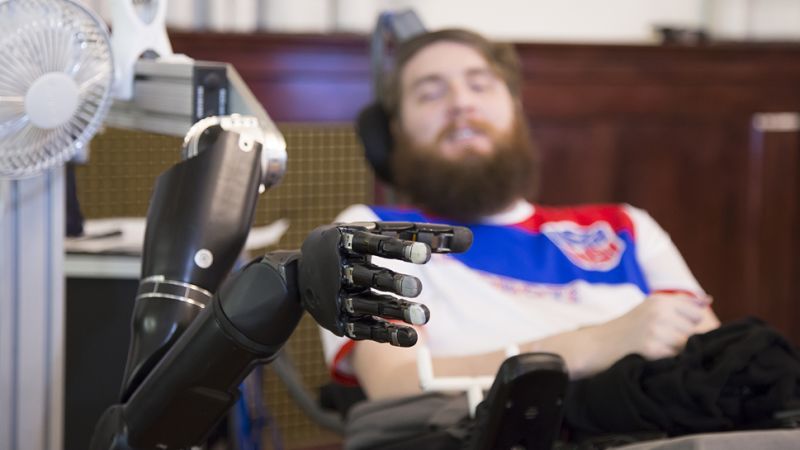

In Brief:
This newly developed bionic eye sends images directly to the brain to restore a tiny fraction of the pixels a normal eye can produce.
There are about 285 million people in the world who suffer from some type of visual impairment. For many years, researchers have been looking for ways to restore eyesight. This year, Australian volunteers are set to receive bionic eyes which should help restore their vision.
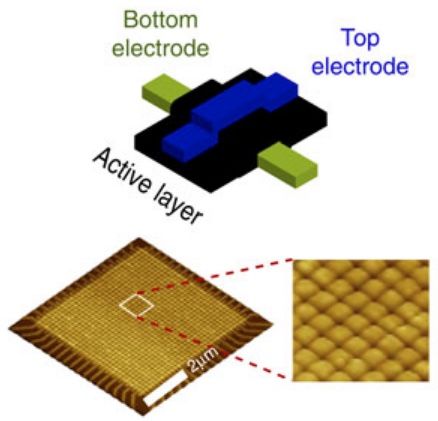
Neural Nanonics here we come: “Could lead to future autonomous, fully implantable neuroprosthetic devices”
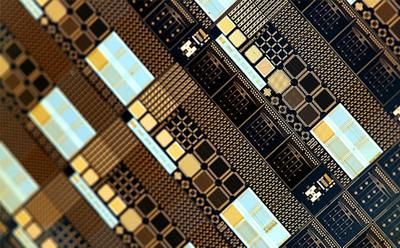
A bio-inspired electronic device called a memristor could allow for real-time processing of neuronal signals (spiking events), new research led by the University of Southampton has demonstrated.
The research could lead to using multi-electrode array implants for detecting spikes in the brain’s electrical signals from more than 1,000 recording channels to help treat neurological conditions, without requiring expensive, high-bandwidth, bulky systems for processing data. The research could lead to future autonomous, fully implantable neuroprosthetic devices.

Circa News, a millennial site, did a story on transhumanism and my campaign. There are 3 videos embedded into this article (a general one on transhumanism, one on using tech to help the environment, and one on a Universal Basic Income):
WATCH | Zoltan Istvan thinks all sentient beings — including, but not limited to humans, artificial intelligence and cyborgs — have the right to be immortal. And that right should be protected under law.
Which is why, naturally, he decided to run for president of the United States.
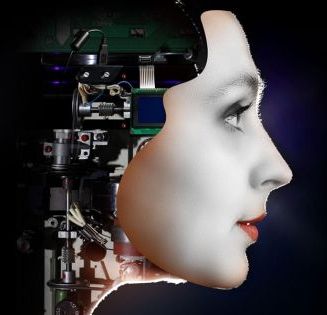
As the saying goes, “If you want something done right, you gotta do it yourself,” and it seems that you’ll soon be able to get a lot more done using artificially intelligent, high-tech exoskeleton Kindred. It’s the product of a startup created by quantum computing company D-Wave’s founder Geordie Rose, and according to the venture capital firm funding Kindred, the device “uses AI-driven robotics so that one human worker can do the work of four.”
Based on a patent application, the wearable system is envisioned as a 1.2-meter tall humanoid that may be covered with synthetic skin. It will include a head-mounted display and an exo-suit of sensors and actuators that carries out everyday tasks.
Essentially, it looks something like Spider-Man’s Doctor Octopus on the outside, but on the inside, Kindred utilizes quantum computation, a way of information processing and storage that is much faster and more powerful than that used by conventional computers. Data “learned” by the suit can be taught to other robots, allowing those robots to then perform the tasks autonomously.
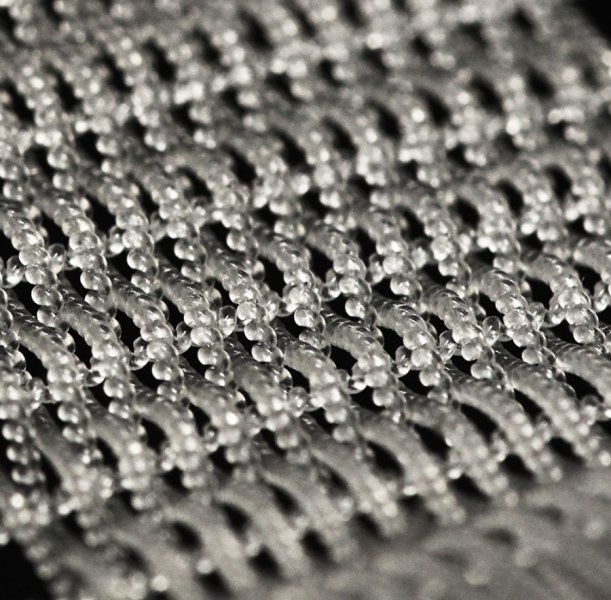
In a perspective article published Sept. 26 online in the Proceedings of the National Academy of Sciences, a team of scientists at UT Dallas’ Alan G. MacDiarmid NanoTech Institute describes the path to developing a new class of artificial muscles made from highly twisted fibers of various materials, ranging from exotic carbon nanotubes to ordinary nylon thread and polymer fishing line.
Because the artificial muscles can be made in different sizes and configurations, potential applications range from robotics and prosthetics to consumer products such as smart textiles that change porosity and shape in response to temperature.
“We call these actuating fibers ‘artificial muscles’ because they mimic the fiber-like form-factor of natural muscles,” said Dr. Carter Haines, associate research professor in the NanoTech Institute and co-lead author of the PNAS article, with research associate Dr. Na Li. “While the name evokes the idea of humanoid robots, we are very excited about their potential use for other practical applications, such as in next-generation intelligent textiles.” Science Based on Ancient Art.
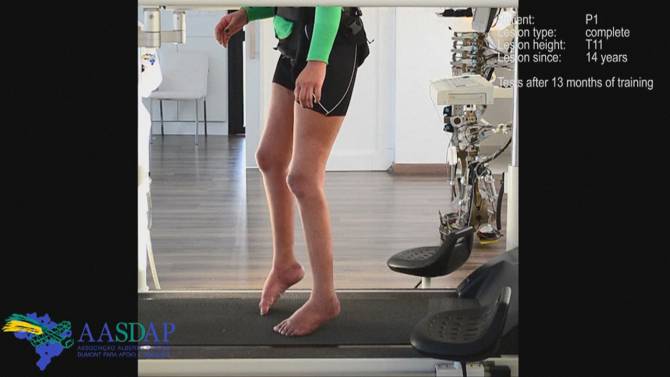
In an astonishing breakthrough, patients left paralysed by severe spinal cord injuries have recovered the ability to move their legs after training with an exoskeleton linked to their brain – with one even able to walk using two crutches.
Scientists developed the Walk Again Project, based in Sao Paulo, Brazil, thinking that they could enable paraplegics to move about using the exoskeleton controlled by their thoughts. But they were surprised to discover that during the training, the eight patients all started to regain the sense of touch and movement below the injury to their spine. It was previously thought that the nerves in seven of the patients’ spines had been completely severed.
But the researchers now believe that a few nerves survived and these were reactivated by the training, which may have rewired circuits in the brain. Writing in the journal Scientific Reports, they said: “While patient one was initially not even able to stand using braces when placed in an orthostatic posture, after 10 months of training the same patient became capable of walking using a walker, braces and the assistance of one therapist. “At this stage, this patient became capable of producing voluntary leg movements mimicking walking, while suspended overground.